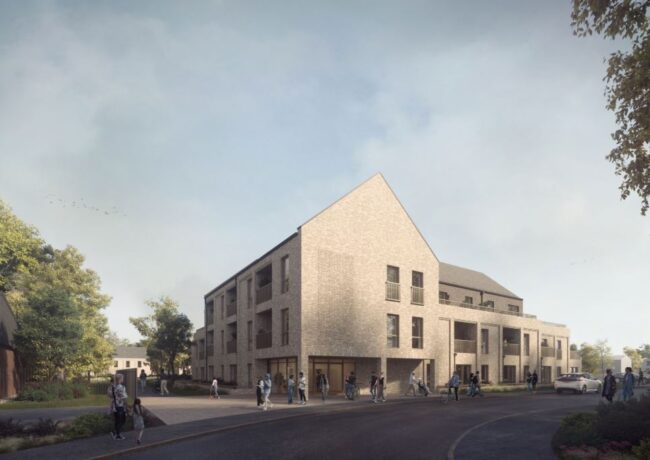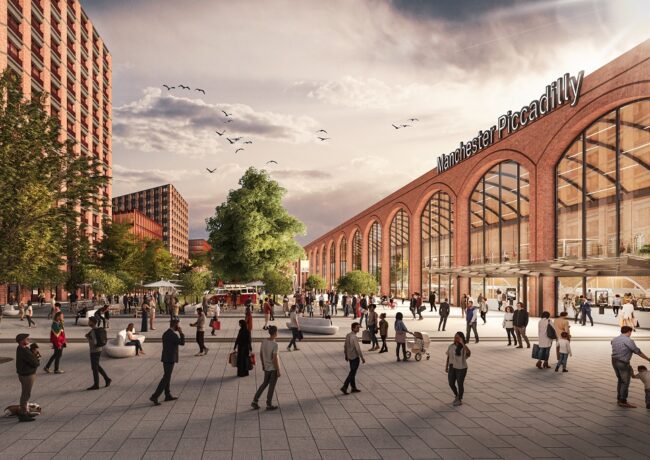‘Manctopia’ Ep 3: People power blocks affordable homes
In the third episode of Manctopia, which follows the stories of the “winners and losers” of Manchester’s property boom, it was the developer who tasted defeat for the first time, as Capital & Centric’s plans for 60 affordable homes in Buile Hill Park in Salford were shouted down by residents.
In the first two episodes of the BBC Two series, the producers attempted to create a clear, often overly simplistic narrative around Manchester’s property boom where development and regeneration was painted as an unstoppable force, uprooting and outpricing people from their homes in the name of profit and progress.
Concrete and glass towers, in the eyes of many, are nothing more than monuments to capitalism and greed.
Touched upon in previous episodes, the crux of Manctopia’s penultimate chapter – 15 minutes shorter than the previous two shows – was affordable homes, of which there is a much-reported shortage in Greater Manchester.
In an attempt to tackle this shortage, likeable Salford mayor Paul Dennett, also Greater Manchester’s lead for housing, tried to kill two birds with one stone in a plan that would see the development of affordable homes alongside the restoration of a derelict Georgian mansion in Buile Hill Park in Salford.
The plan, hatched with Capital & Centric co-founder Tim Heatley, would be for the mansion, which has fallen into a state of disrepair over the last 20 years, to be renovated and brought back into community use diverting some of the revenue generated from the rented homes.

Salford city mayor Paul Dennett is Greater Manchester’s housing lead
However, at a community meeting in September 2019, those in attendance were dismayed at the scale of Heatley’s plans. A total of 60 homes, to be built on land around the mansion, was too much to stomach.
“This has totally come out of the blue. I was thinking of a few houses. I think we are going to come unstuck,” said Mary, an outspoken campaigner for the renovation of the mansion.
Protests outside the council’s offices in Swinton followed and eventually Dennett, in a second community meeting, confirmed the plans had been axed and that no houses would be built in Buile Hill Park.
Rather than stay at home and lick his wounds, Heatley attended the meeting, despite the criticism his plans, and he personally, had received on social media following the first meeting.
Ultimately, the harm caused by building houses in a listed park was deemed by residents to outweigh the benefits the development would have brought, namely the creation of much-needed affordable homes and the renovation of a listed building.
“It is a shame it failed. It is difficult to talk to people about change, people are scared of it.
“Until we get a grip on how to [build affordable homes] and do it at scale, the problem is going to persist,” Heatley said.
In this case, people power prevailed over the development behemoth but at what cost?
Heatley and other developers have and will move on to find new opportunities, but for those who need affordable homes, this feels like an opportunity missed.




